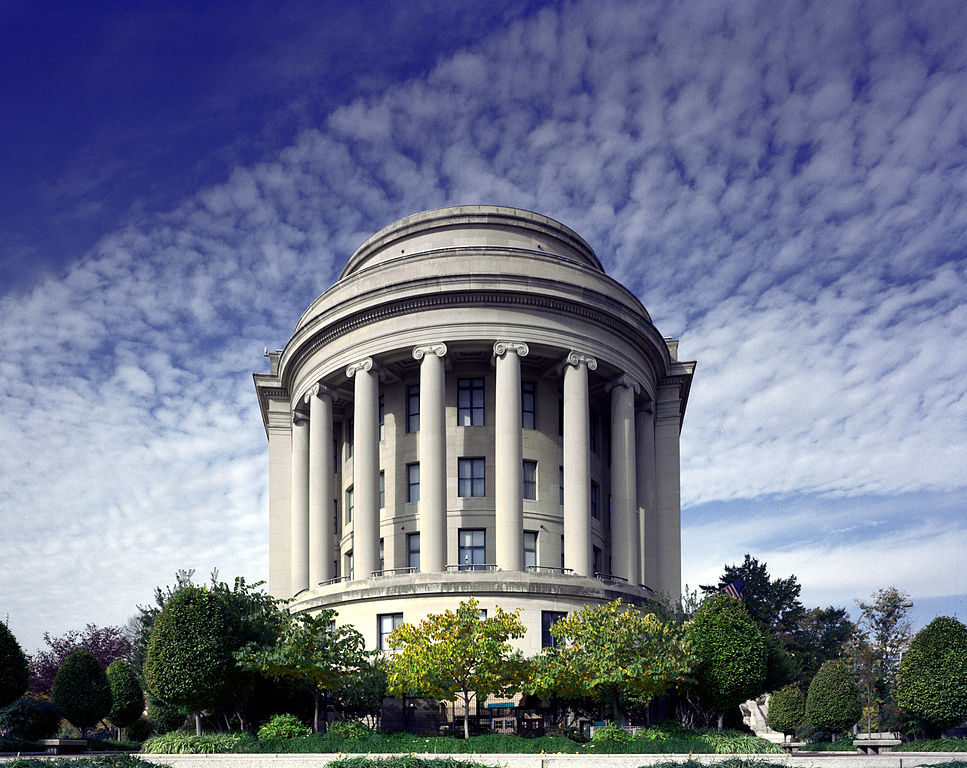The last few months have seen a flurry of attention on the use of non-competes and whether they should be regulated in some fashion by the federal government. The primary focus of these efforts has been on the use of non-competes for low-wage and/or low-skilled workers. This issue has been in the spotlight since Illinois’ Attorney General investigated Jimmy John’s for improperly using non-competes to restrain its sandwich makers.
On January 15, 2019, Senator Marco Rubio introduced the Freedom to Compete Act. This legislation follows prior legislative attempts to limit the non-competes since the Jimmy John’s debacle came to light. Senator Rubio’s proposal would ban the use of non-competes for certain workers who are considered non-exempt under federal overtime laws.
On March 7, 2019, Senator Rubio with a group of bipartisan senators sent a letter to the U.S. General Accountability Office. The letter asked the GAO to review the effects of non-compete agreements on workers and the economy as a whole. The letter notes that the “wide use” of non-competes has “spread from highly technical fields into less technical and lower wage work”, and it points out that a range of commentators have raised concerns about the expansive use of non-competes.
The letter then specifically asks the GAO to “assess” the following areas: 1) What is known about the prevalence of non-compete agreements in particular fields, including low-wage occupations?; 2) What is known about the effects of non-compete agreements on the workforce and the economy, including employment, wages and benefits, innovation, and entrepreneurship?; and 3) What steps have selected states taken to limit the use of these agreements, and what is known about the effect these actions have had on employees and employers? These critical questions get at the heart of whether more robust or lax enforcement of non-competes is sounder economic policy.
Most recently, a group of Democratic senators sent a letter to the Chairman of the Federal Trade Commission. This letter asks the FTC to use its rulemaking authority “to combat the scourge of non-compete clauses rigging our economy against workers.” It notes that “there now appears to be a bipartisan consensus at the Federal Trade Commission that non-competes are harmful to workers” and that “five commissioners have noted that they are deeply troubled by non-competes.” The Senators urge that rulemaking is appropriate given that coercive use of non-competes and the inclusion of arbitration clauses hamper employees’ ability to challenge their agreements and litigate non-compete disputes.
It remains to be seen whether the recent focus on non-competes at the federal level will result in any meaningful action by Congress or a federal agency, or whether non-compete law will continue to be left entirely to the states. We will continue to keep you informed.
Neal Weinrich knows noncompetes and trade secrets inside and out. A shareholder at Berman Fink Van Horn, Neal counsels clients in all industries on matters involving restrictive covenants, trade secrets and other competition-related issues.

